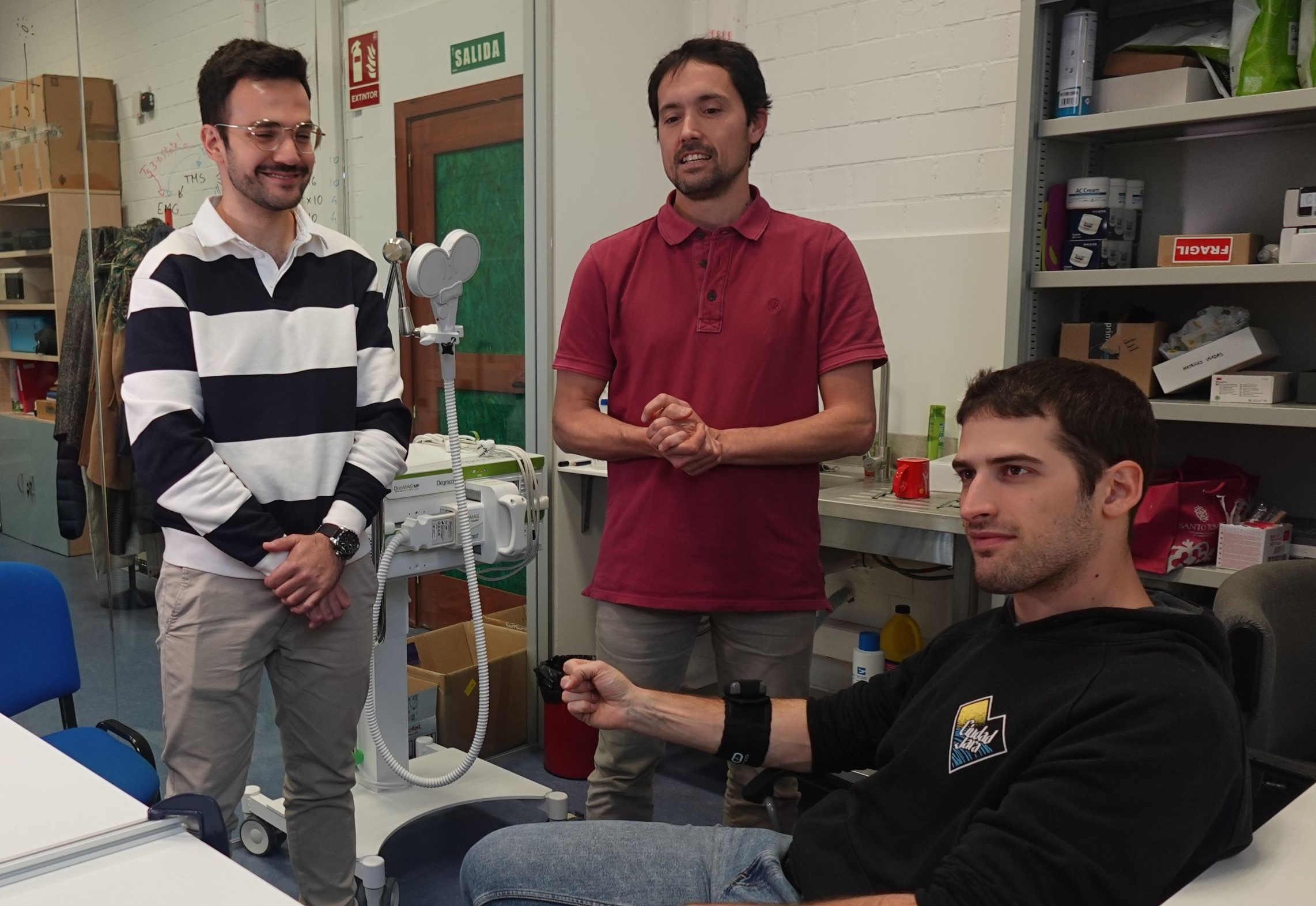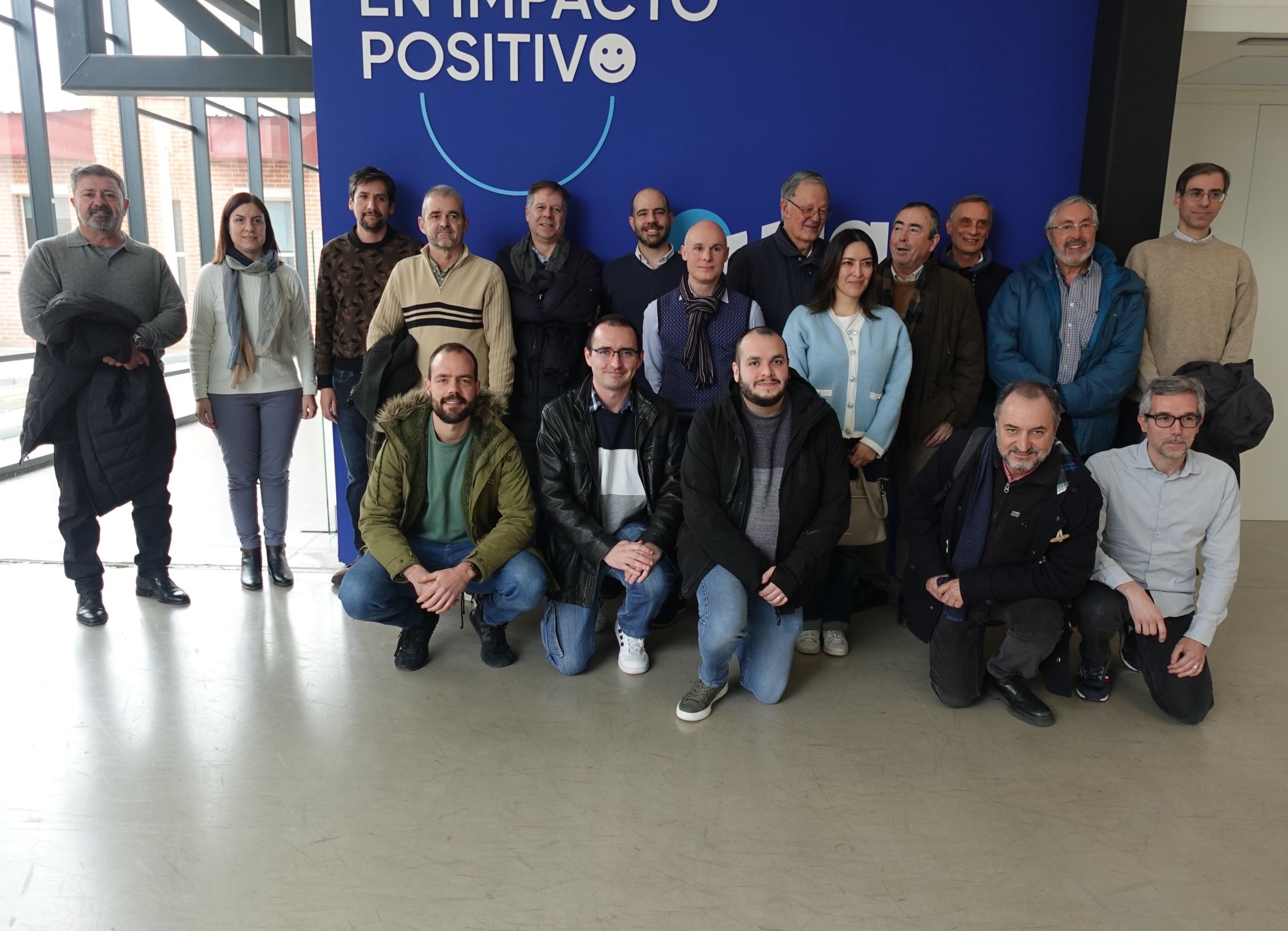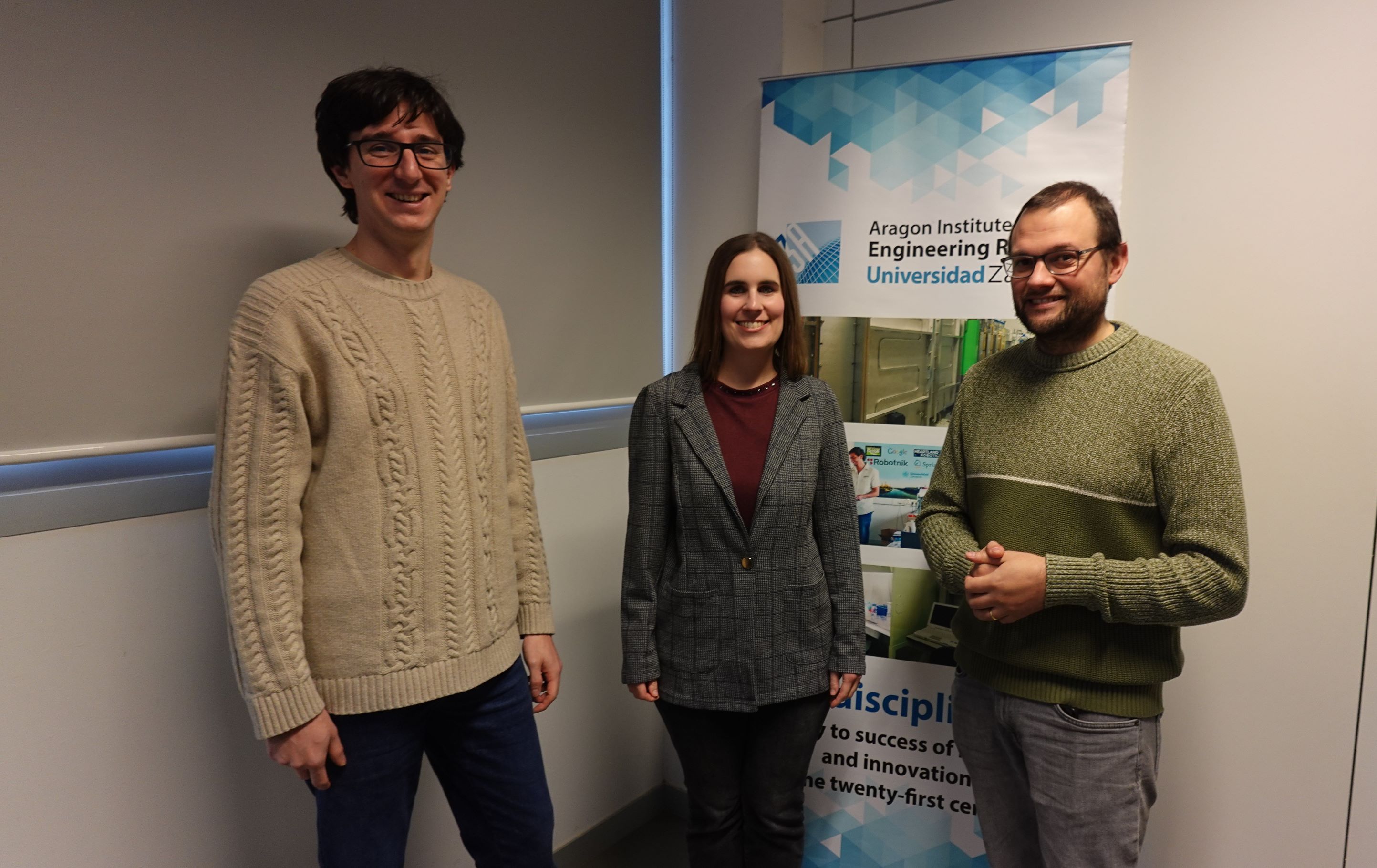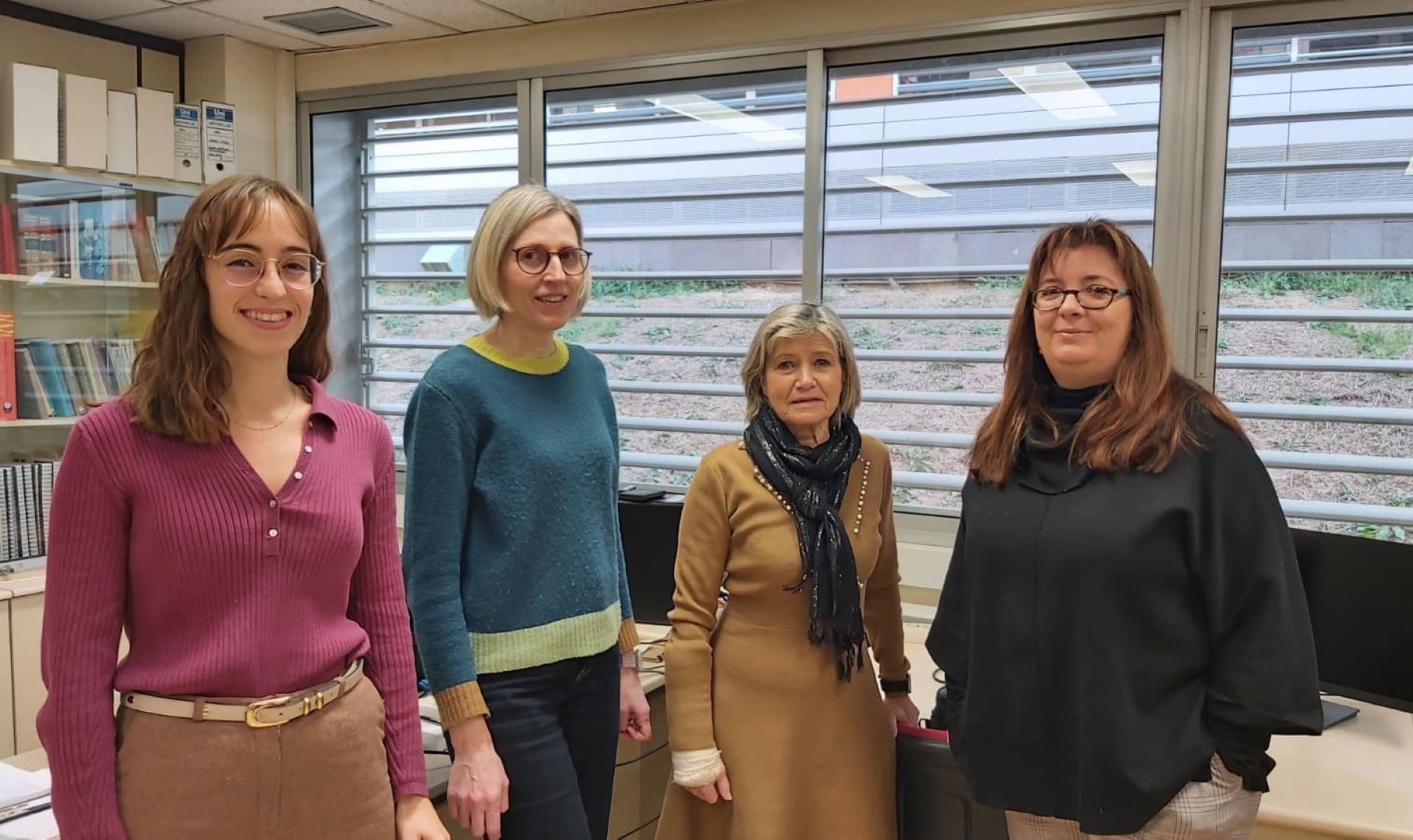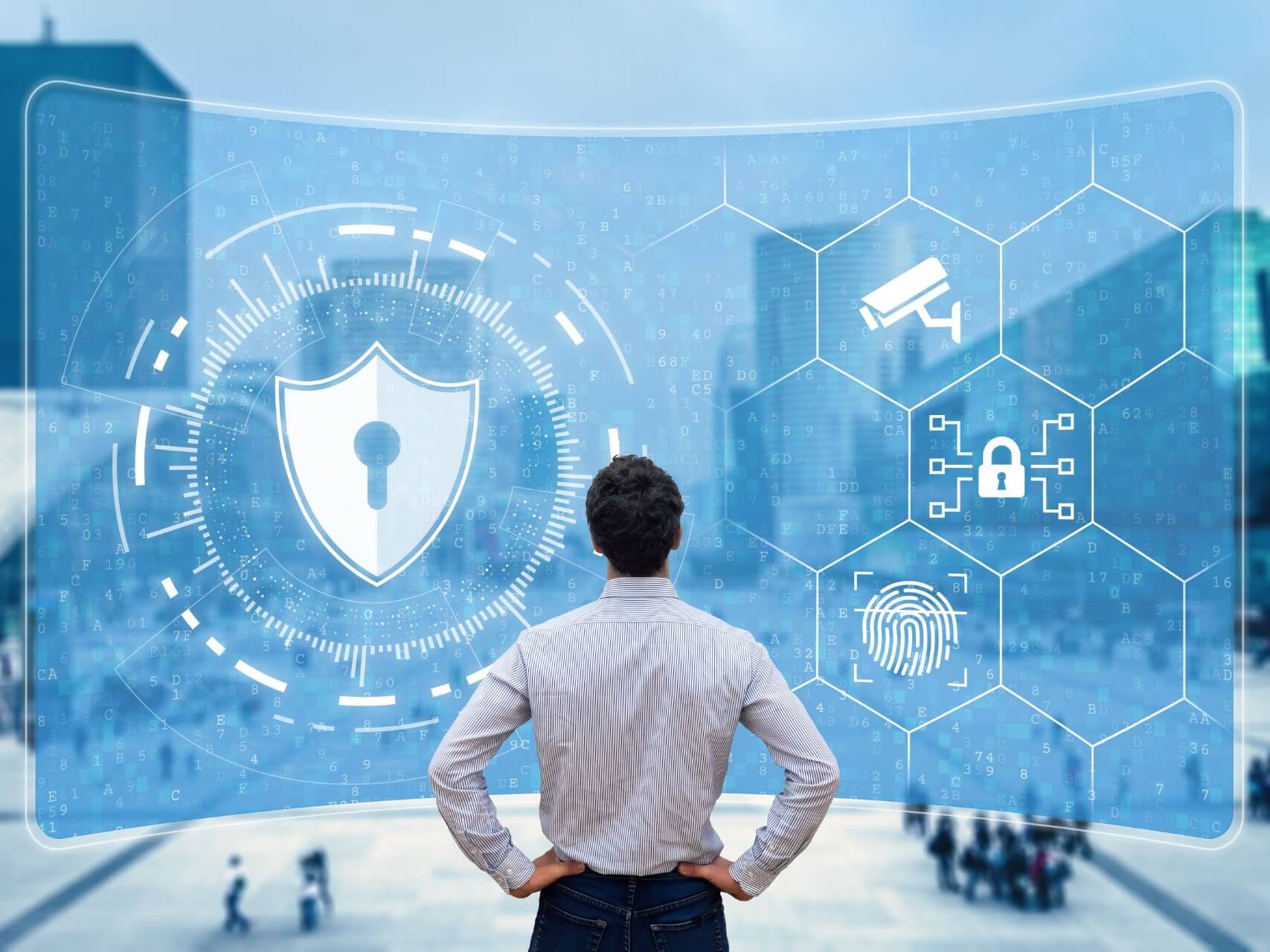
Digital forensics is becoming increasingly important in almost all legal proceedings, the application of computer science methods to recover and investigate evidence found on digital devices, often related to computer crimes. More than 100 researchers from 9 countries, developers, innovative professionals from academia, law enforcement, industry and other institutions are meeting at the University of Zaragoza for the Digital Forensic Research Workshop (DFRWS).
From Monday 18 to 22 March, the Ebro River Campus becomes a meeting point for those with a legitimate interest in digital forensics to address emerging grand challenges and seek practical solutions to real-world problems. Different workshops will address incident response, mobile and Internet of Things (IoT) forensics, application analysis, social network intelligence, deepfake analysis and dataset analysis, among other topics.
The researcher Ricardo J. Rodríguez, from the I3A (Aragon Engineering Research Institute) is part of the Organising Committee of this European meeting, through his R&D group on Distributed Computing (DisCo) at the University of Zaragoza, who highlights the fact that this meeting is not only "a space for the presentation of the latest research and developments in this field, but also fosters collaboration and knowledge exchange between experts from all over the world. We will address hot topics and current concerns such as the fight against anti-forensic techniques, the evolution of cybercrime, privacy and data security in the digital age, among others".
Investigación policial y foros clandestinos
Two conferences will open the Wednesday and Thursday sessions, "Unlocking screens to reveal scenes: overcoming obstacles in a police investigation", with Marcos González, technical director of the Digital Forensics Unit of the Guardia Civil, and "Beyond the hype: investigating how cybercriminals really use GenAI", with the researcher of web threats and other emerging technologies, David Sancho, from Trend Micro. Two leading experts on cybercrime.
On Wednesday morning (9am), Marcos González will immerse viewers in a police case. With his more than eight years of experience in criminal digital forensics as a point of reference, he will offer practical and entertaining insights into the real-life challenges his team faces. The Digital Forensics Unit, created more than 20 years ago, is the unit in the Guardia Civil in charge of digital forensic analysis of all investigations related to terrorism and violent radicalism.
On Thursday, also from 9am, David Sancho, senior threat researcher at Trend Micro, with over 25 years of security experience will take the audience into underground criminal forums to determine how AI is actually being used in relation to the general market; how criminals are adopting the technology to achieve their goals and what kind of AI-based criminal services exist; he will discuss deepfake services for criminals, including the contrasts between audio and video deepfakes.
Women in Computer Forensics
The Zaragoza Digital Forensics Forum will kick off with the Workshop Women in Forensic Computing on Monday 18th March from 9:30am.
The aim of this meeting is to give visibility and showcase the achievements of women in the area of digital forensics and, therefore, this workshop reinforces their role in this field and tries to bring more female researchers into the field. This meeting is part of a series of workshops that started in 2019, including panels of women who will present key topics and provide first-hand practical experience.
Cristina Muñoz-Aycuens is the head of digital forensics at Grant Thornton. She has been recognised as a Future Leader in the field of Computer Forensics and as a Top100 Women Leader. She has more than 18 years of work experience developing services related to forensic analysis and fraud prevention.
Olga Angelopoulou is a lecturer in cybersecurity at the University of Warwick. She obtained her PhD in digital forensics from the University of South Wales (Glamorgan) and focuses her research on areas such as digital investigations, cybercrime, incident response and online fraud.
Lene Wacher Lentz is a professor of criminal law at Aalborg University and has experience as a prosecutor. Her PhD contained an analysis of the legal framework for undercover police investigation on the internet. In 2022, she worked at the new Danish Independent Evidence Oversight Board. Her research areas cover cybercrime, digital criminal proceedings and technical evidence.
Inger Marie Sunde is a professor of law at the Norwegian Police University College. She has worked in the field of cybercrime, policing and emerging technologies since the late 1990s, then as a senior prosecutor and leader of the Norwegian police computer crime centre. Her current research focuses on big data analysis in policing and the impact of the European Artificial Intelligence Act on online policing and crime prevention.
About Digital Forensic Research Workshop, DFRWS
A volunteer-based non-profit organisation based in the United States, its event is the longest running event dedicated to digital forensics, three times a year in each of the world's major time zones, and is widely recognised.
It has become "a roadmap for digital forensics". Many developments in digital forensics have had their roots in the working sessions of the DFRWS conferences. Today, they are a useful pointer to the future. The themes of previous editions have revolved around digital forensics in space, industrial control systems and artificial intelligence, among others.
Full programme: https://dfrws.org/eu-2024-program/
Photo: Canva
